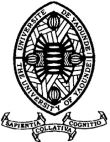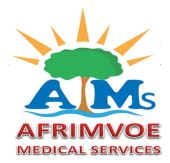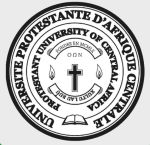Strategies to Facilitate the Use of Assisted Childbirth by Nomads in Sub-Saharan Africa: Proposals from the Field in Mali
DOI:
https://doi.org/10.5281/hra.v2i2.5250Keywords:
Nomads, Maternal health, Mali, Sub-Saharan Africa, health services.Abstract
ABSTRACT
Nomadic populations have limited access to health services including childbirth assisted by a skilled health professional which exposes nomadic women to a significant risk of maternal mortality. Through this paper, we recommend, based on our experience in providing care as a physician and our expertise in conducting research in Mali nomadic communities, strategies that could help improve nomadic women's access to childbirth assisted by a skilled health professional. Our recommendations include: 1) Mobile phones (mHealth); 2) waiting homes; 3) community-based extensions, and 4) a system of transport for parturient women. These strategies are described as feasible, affordable, and more suited to the needs, expectations and sociocultural realities of nomadic populations.
RÉSUMÉ
Les populations nomades ont un accès limité aux services de santé, y compris à l'accouchement assisté par un professionnel de santé qualifié, ce qui expose les femmes nomades à un risque important de mortalité maternelle. Dans ce document, nous recommandons, sur la base de notre expérience en tant que médecin et de notre expertise en matière de recherche dans les communautés nomades du Mali, des stratégies susceptibles d'améliorer l'accès des femmes nomades à l'accouchement assisté par un professionnel de la santé qualifié. Nos recommandations sont les suivantes 1) les téléphones mobiles (mHealth) ; 2) les maisons d'attente ; 3) les extensions à base communautaire, et 4) un système de transport pour les parturientes. Ces stratégies sont décrites comme étant réalisables, abordables et mieux adaptées aux besoins, aux attentes et aux réalités socioculturelles des populations nomades.
Downloads
Published
How to Cite
Issue
Section
License
Authors who publish with this journal agree to the following terms:
- Authors retain copyright and grant the journal right of first publication with the work simultaneously licensed under a Creative Commons Attribution License CC BY-NC-ND 4.0 that allows others to share the work with an acknowledgement of the work's authorship and initial publication in this journal.
- Authors are able to enter into separate, additional contractual arrangements for the non-exclusive distribution of the journal's published version of the work (e.g., post it to an institutional repository or publish it in a book), with an acknowledgement of its initial publication in this journal.
- Authors are permitted and encouraged to post their work online (e.g., in institutional repositories or on their website) prior to and during the submission process, as it can lead to productive exchanges, as well as earlier and greater citation of published work










